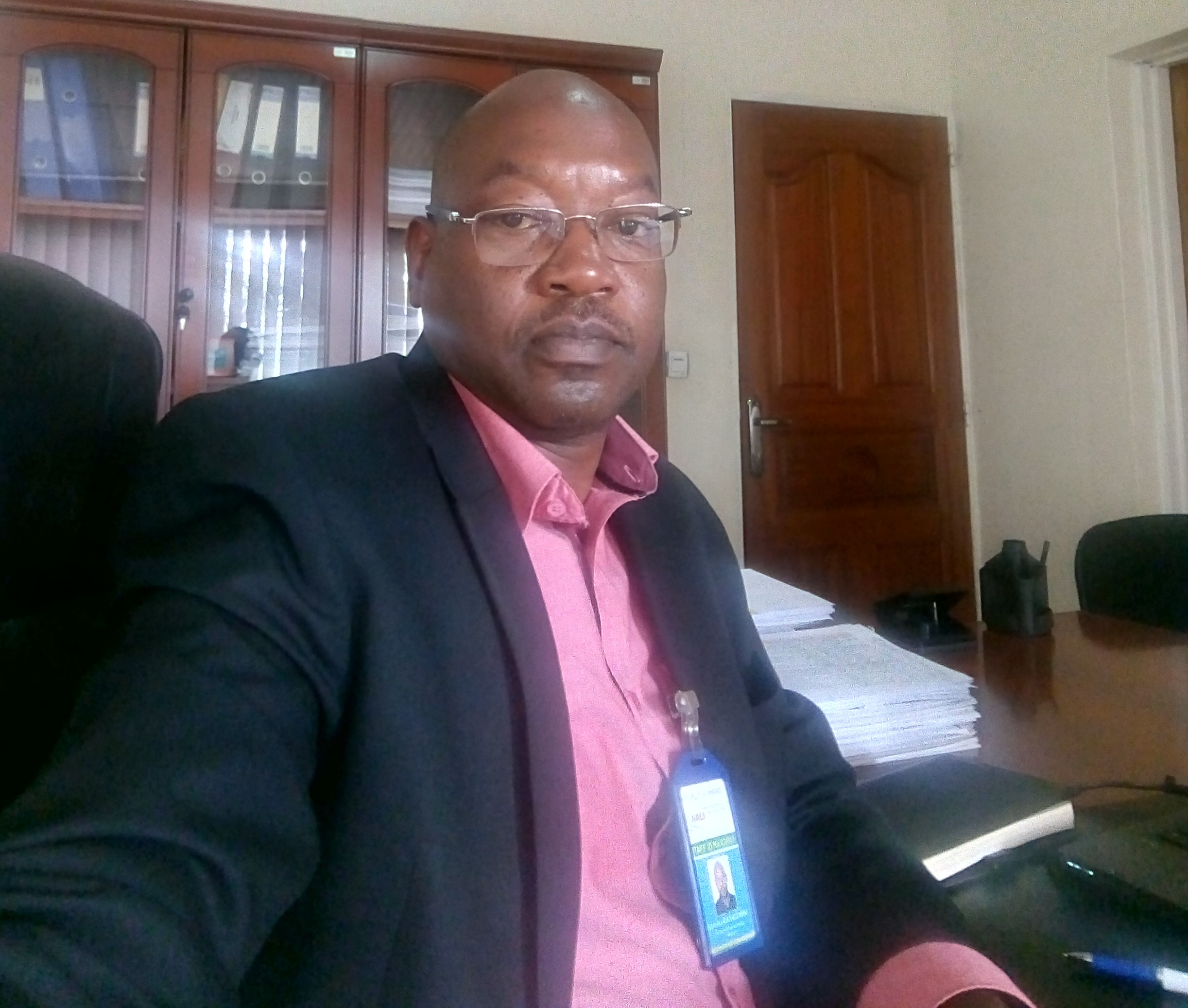“The right people bring the right answers at the right time”
Hello, who are you?
I am Corneille Ntakirutimana, planning division manager in the National Agricultural Export Development Board. I have a MSc in Business administration. Before taking this, I was Deputy Director General in charge of production in the same institution, focusing on the development and promotion of agriculture export commodities. I also worked with different organizations as community development coordinator, with opportunities of working with local administration. I heard about CDAIS in its 2015 introduction to the Ministry of Agriculture and was interested by the package that the project used to train NIFs, and tools used to help niches conduct their own SORT analysis. The approach and methodology utilised by NIFs during the capacity needs assessments showed that they were well prepared in a professional way, regardless the level of participants. Training outcomes, relationships built by participant and generated solutions showed me that the project can help to solve issues once people analyze their problems and take necessary measures. I received training in adult learning, timeline, problem tree, netmap, needs assessment, match marking, activity planning, monitoring and evaluation, communication, problem solving and facilitation of a multi-stakeholders’ set up.
What are your role and responsibilities as National Innovation Facilitator?
As national innovation facilitator, I assist niches in different phases of developing their structure and building capacities based on different modules that I also led the formulation of. I also advocate for the adoption of CDAIS approaches and niche needs wherever I get opportunities. I am lead national innovation facilitator since 2015 and work on all niches, but in particular the Ruhango cassava niche. Main issues were the needs for disease-free and drought tolerant planting material, lack of communication, collaboration and trust between actors, and lack of raw materials to the Kinazi cassava plant which was running at 10% capacity in 2015. But now it runs at 80%, farmers can access improved planting stock, researchers are involved, and government is helping to find for buyers for the cassava flour produced. But now, the success must be made sustainability through a strong partnership.
What has CDAIS changed for you?
Now, before approaching a problem I first think of its origin, it effects, the right approach to solve it, and who should collaborate to achieve a solution. This also helps me to advise others in different circumstances. For example, when working with tea cooperatives, I helped them analyze leadership issues they had management and related conflicts.

